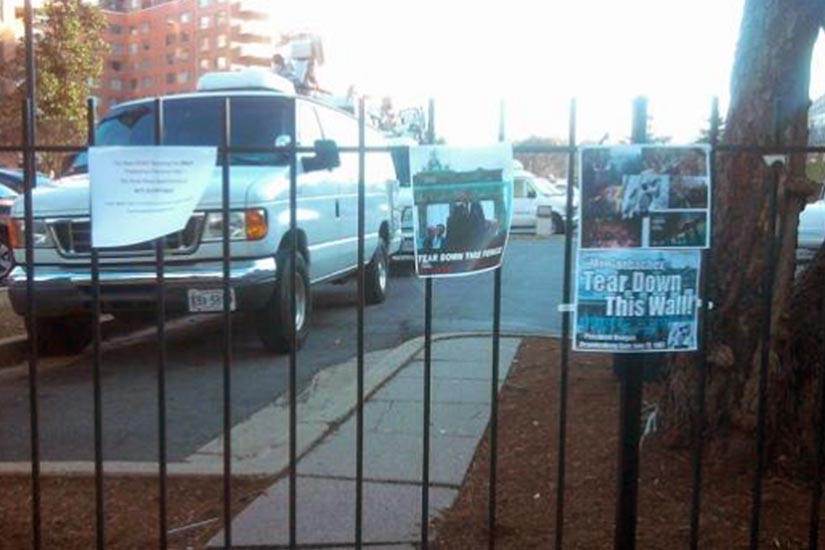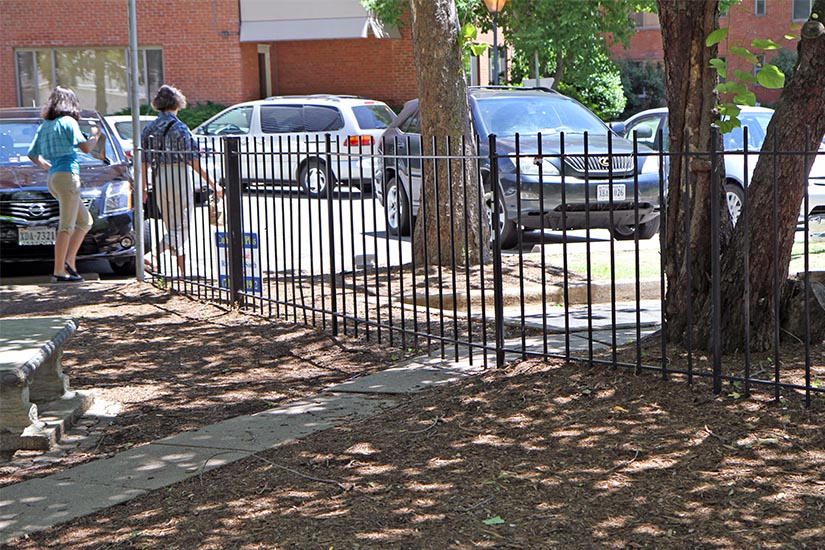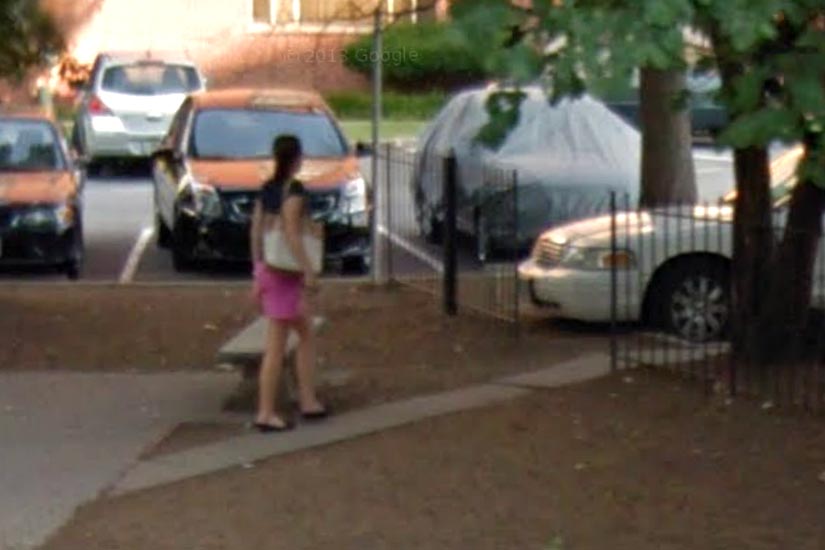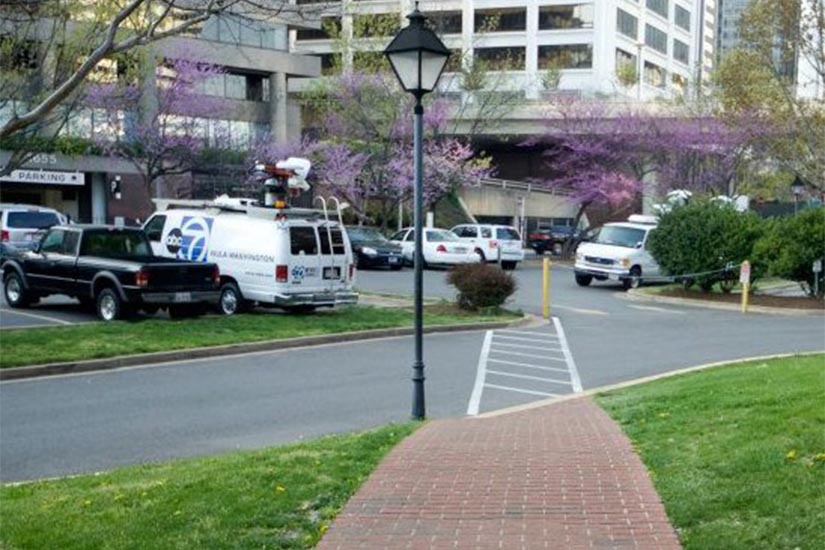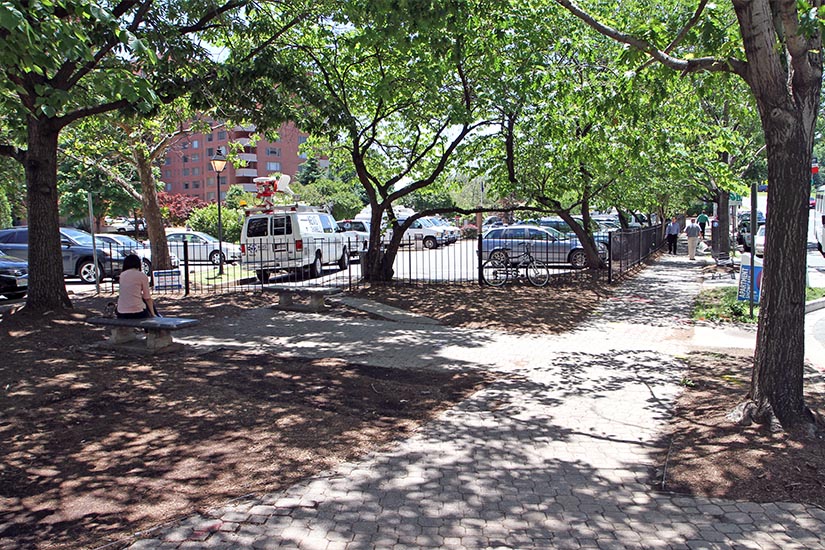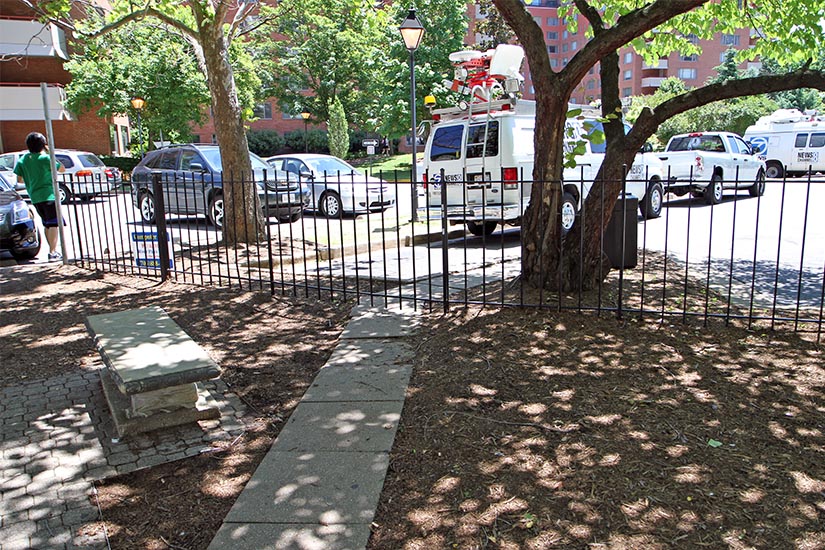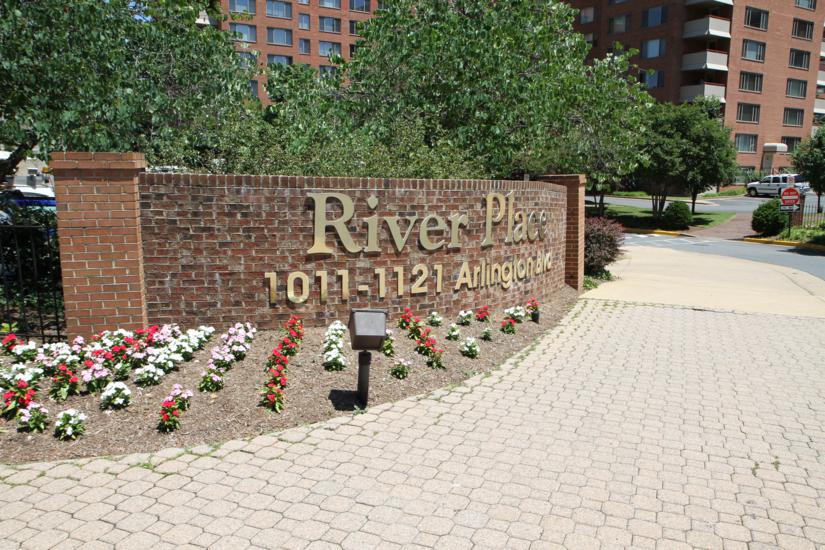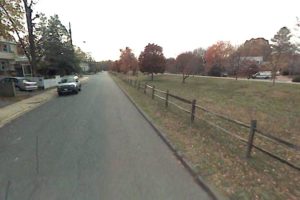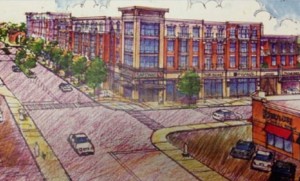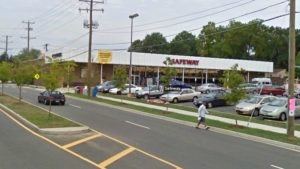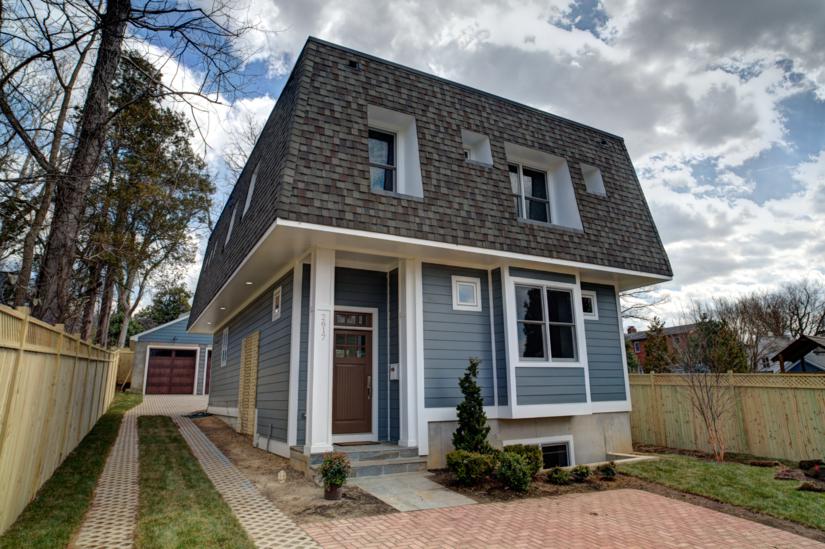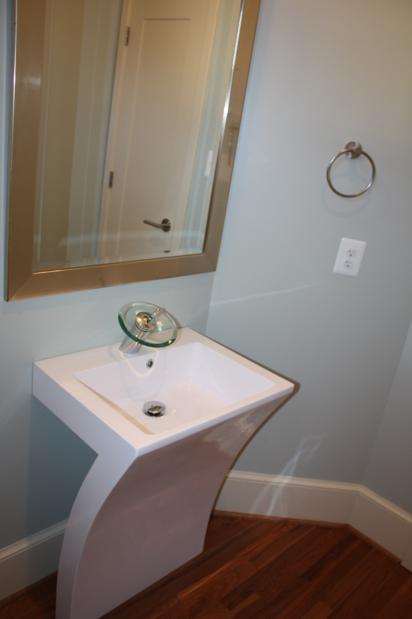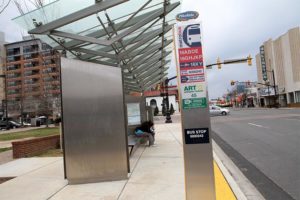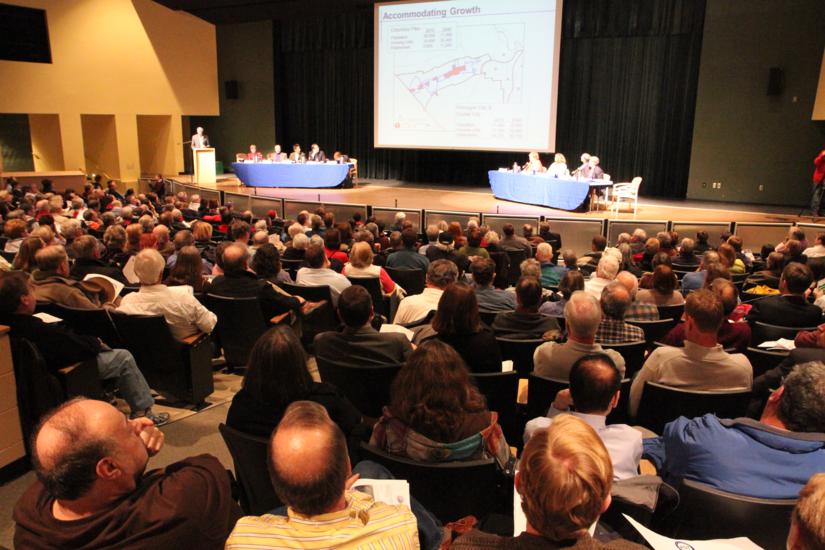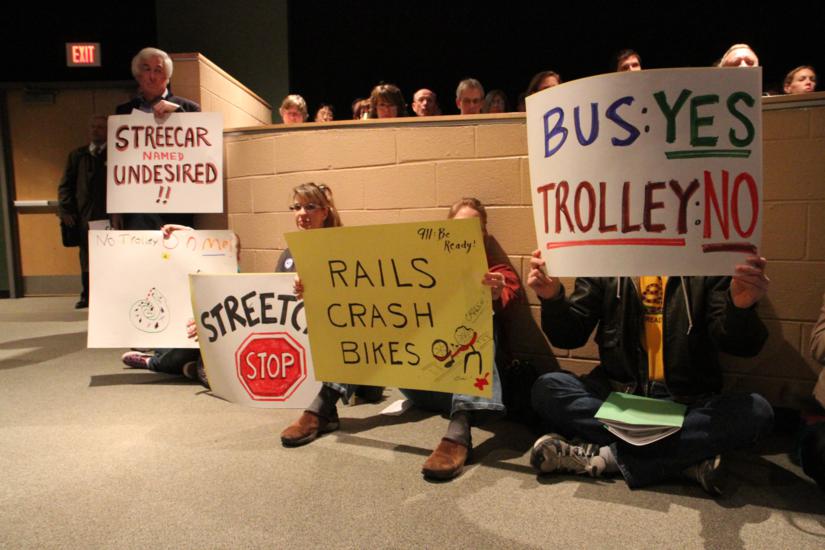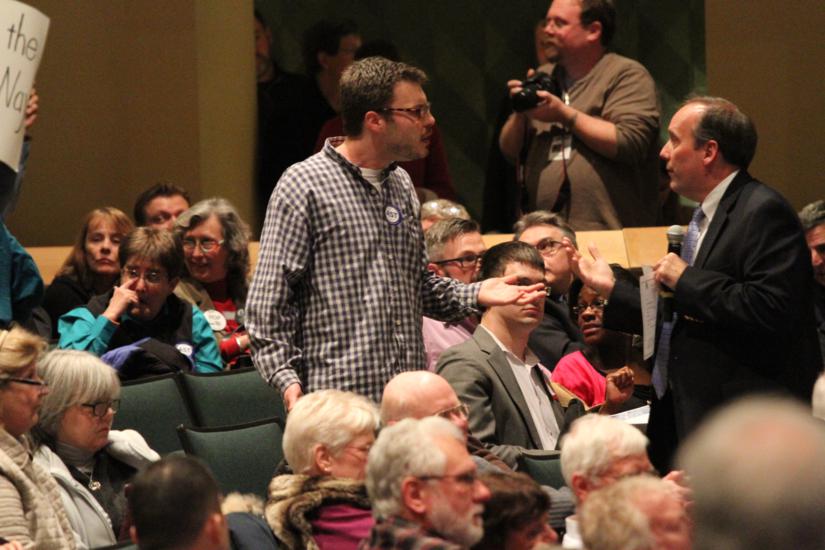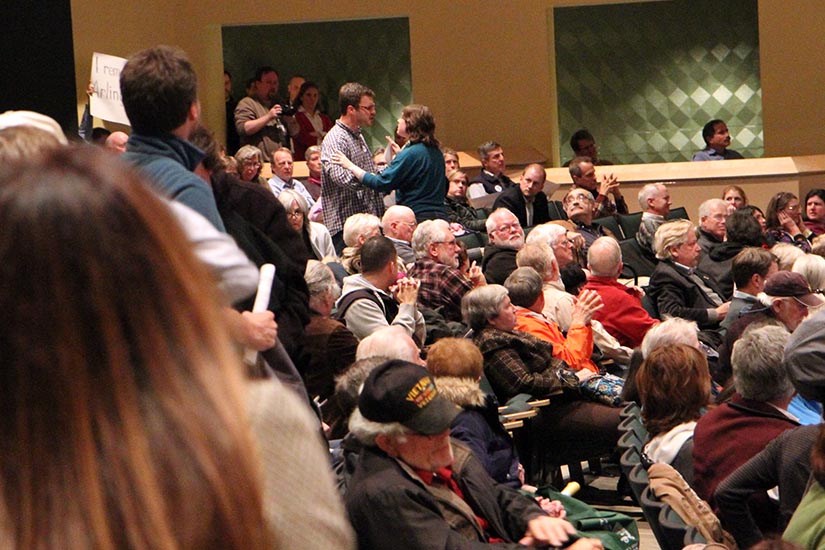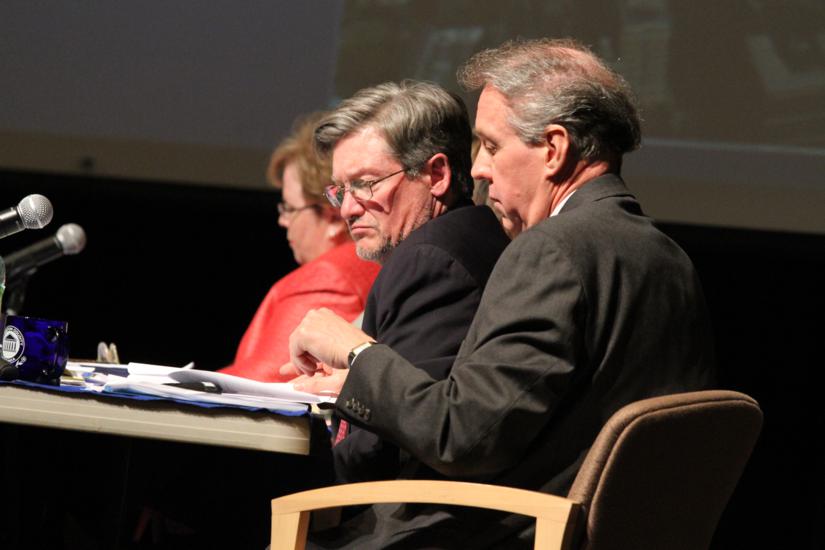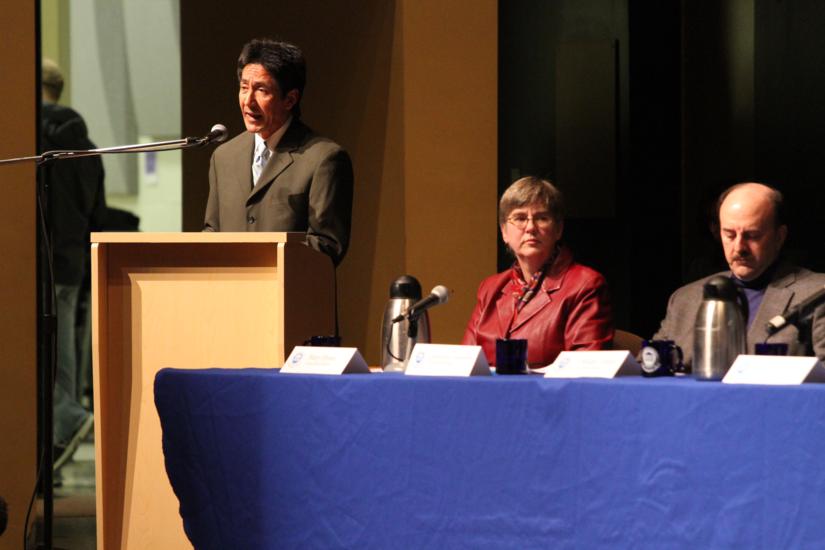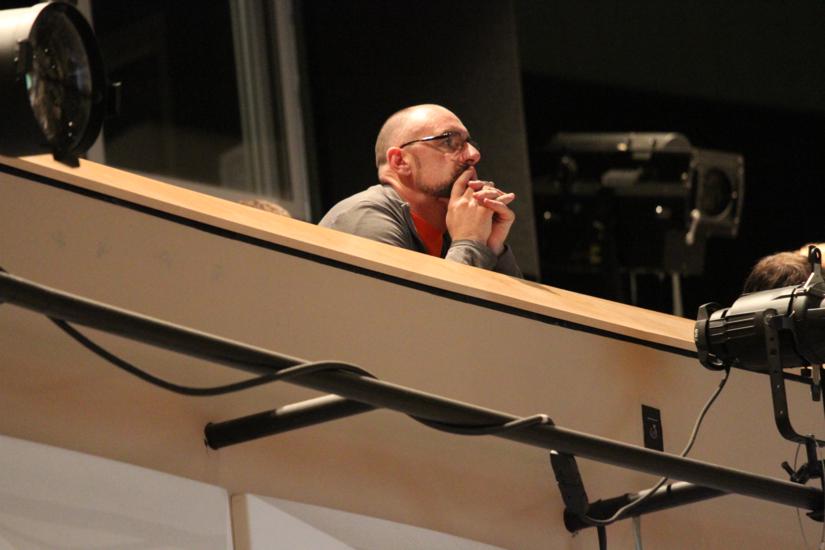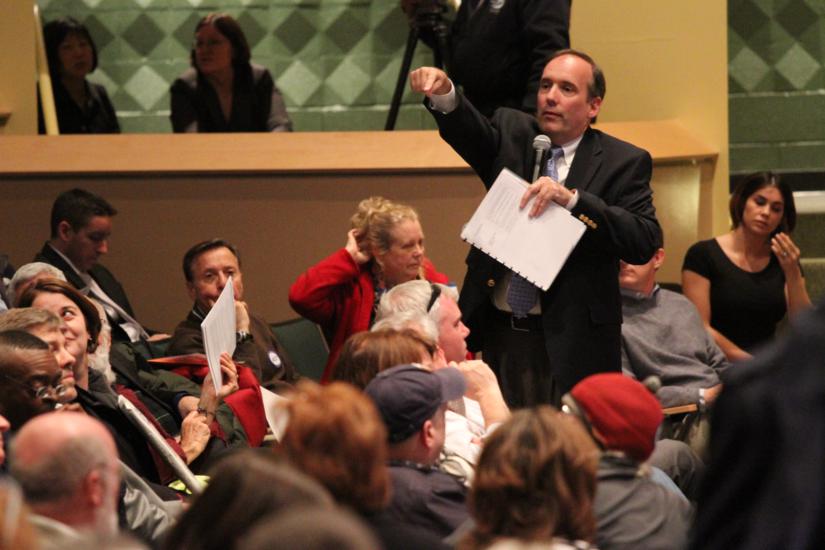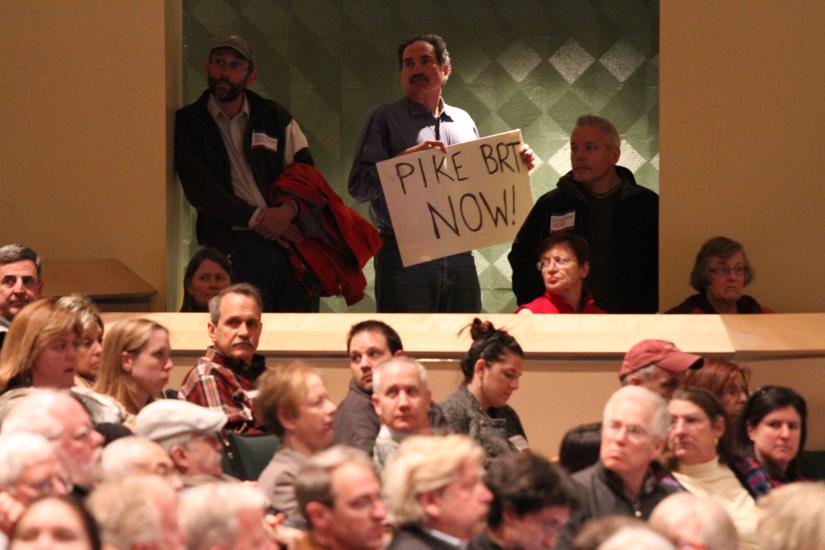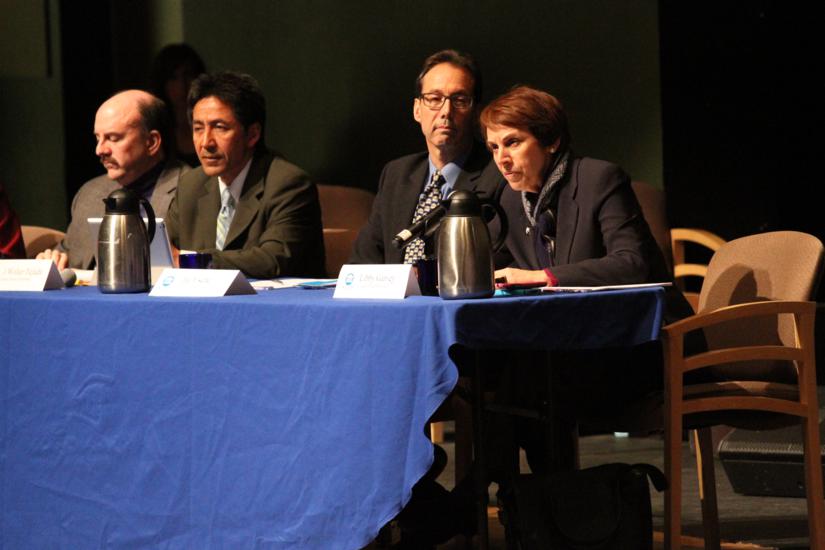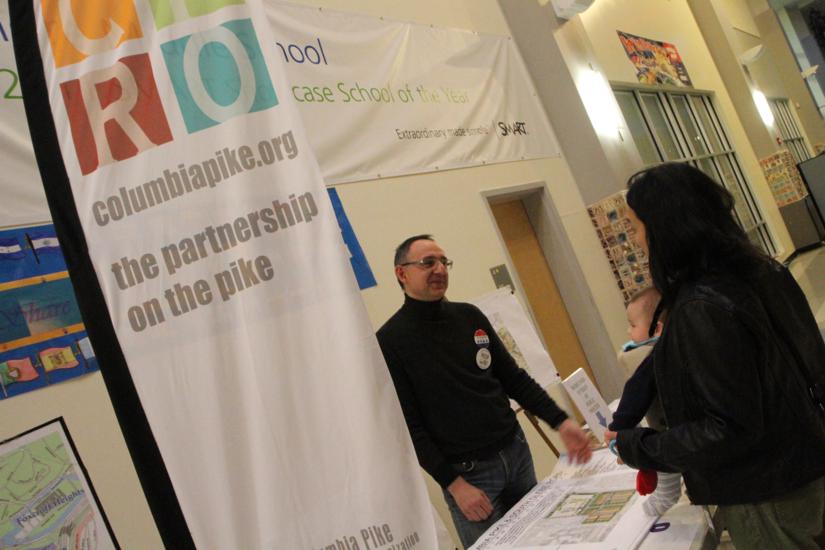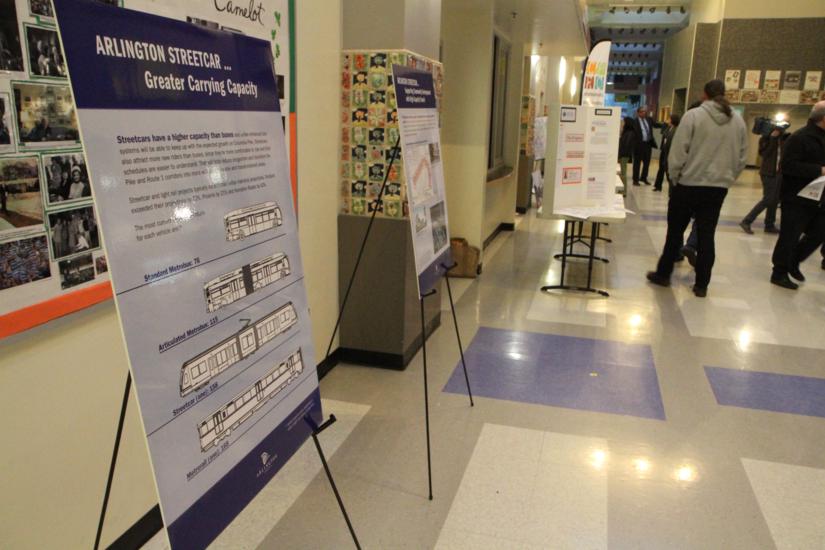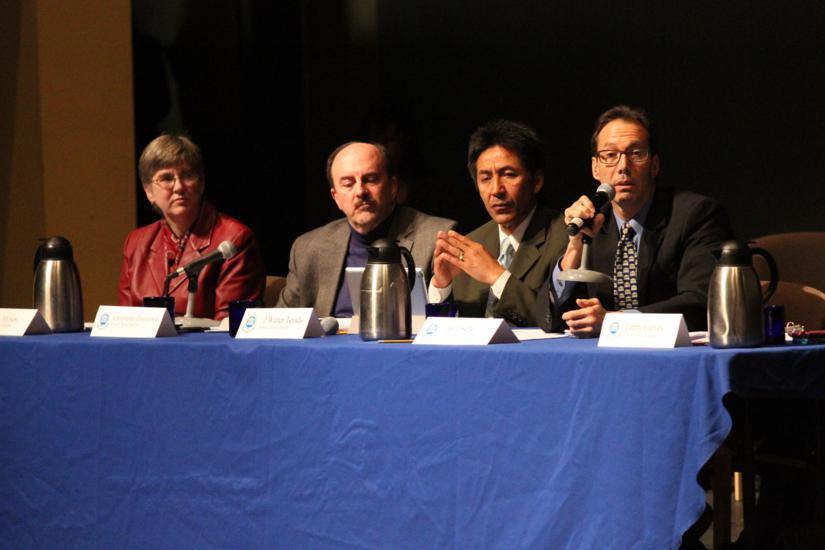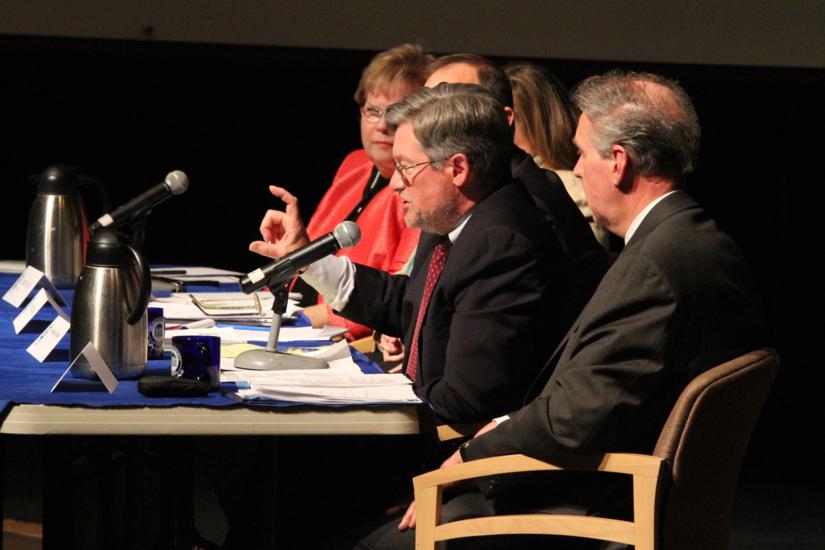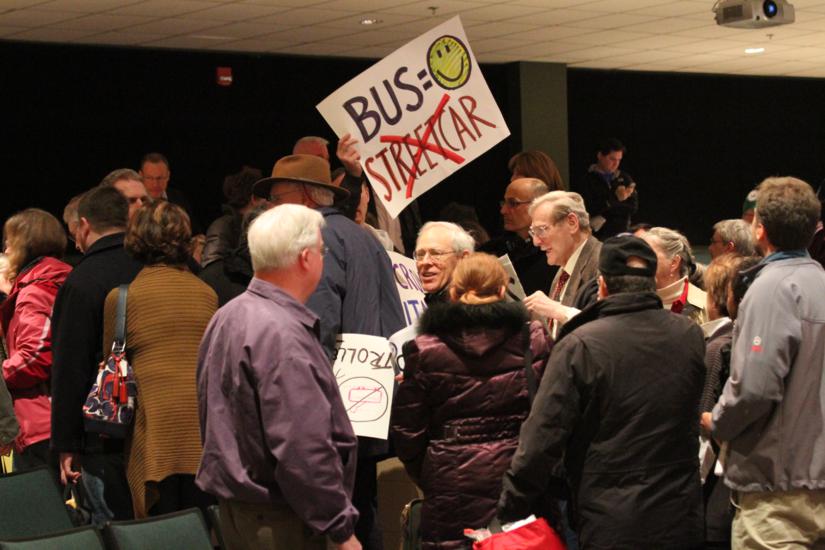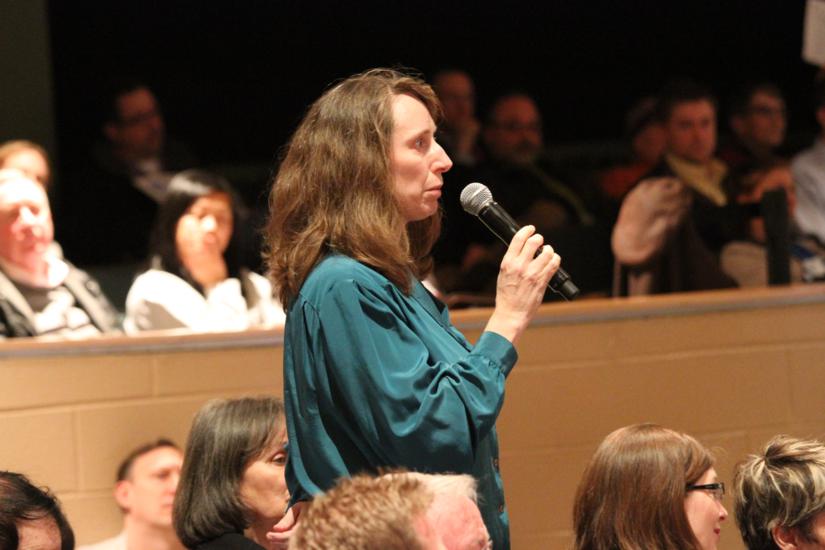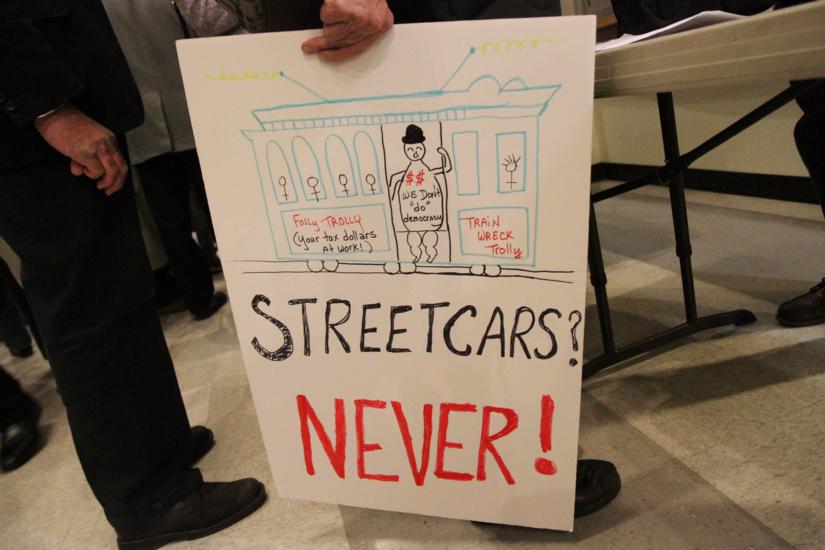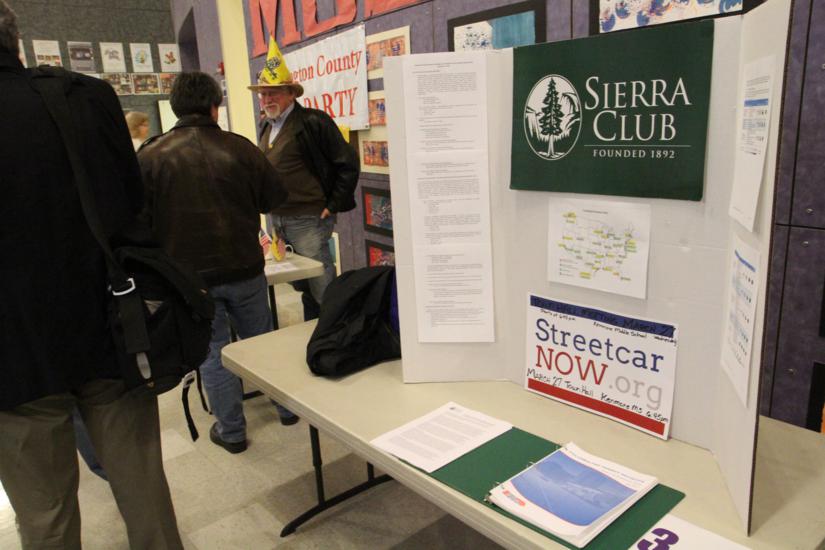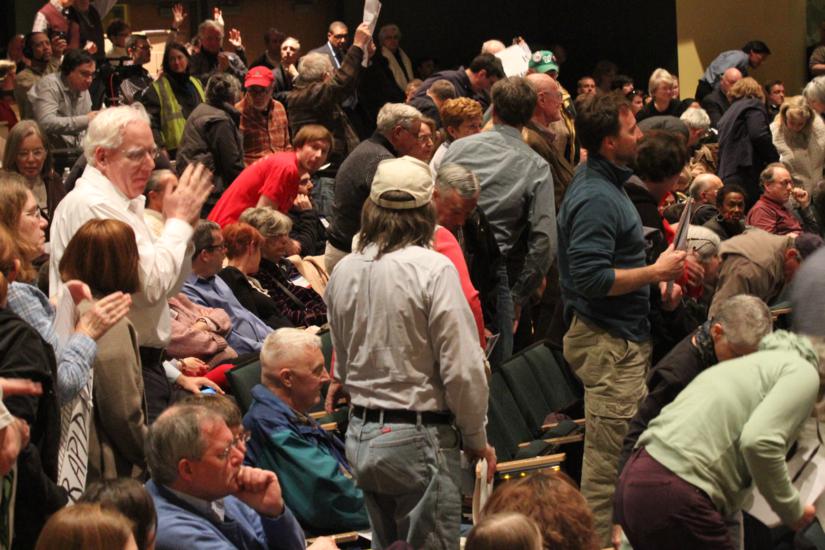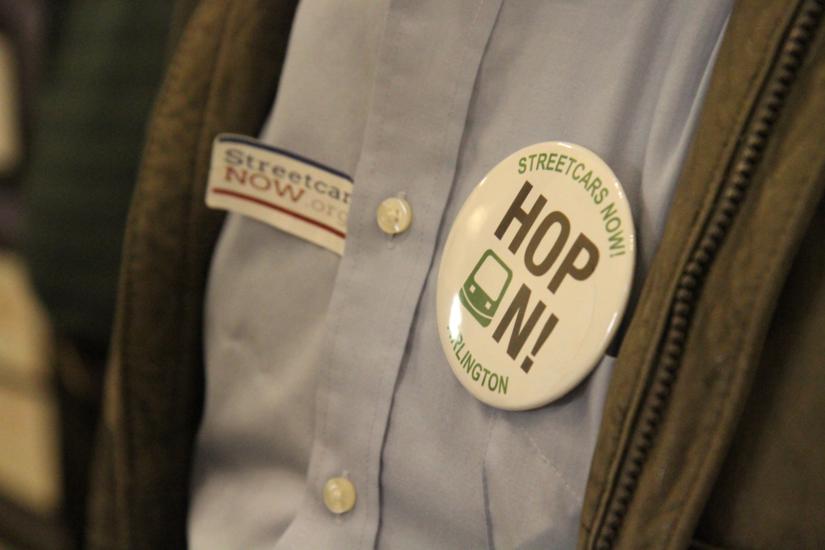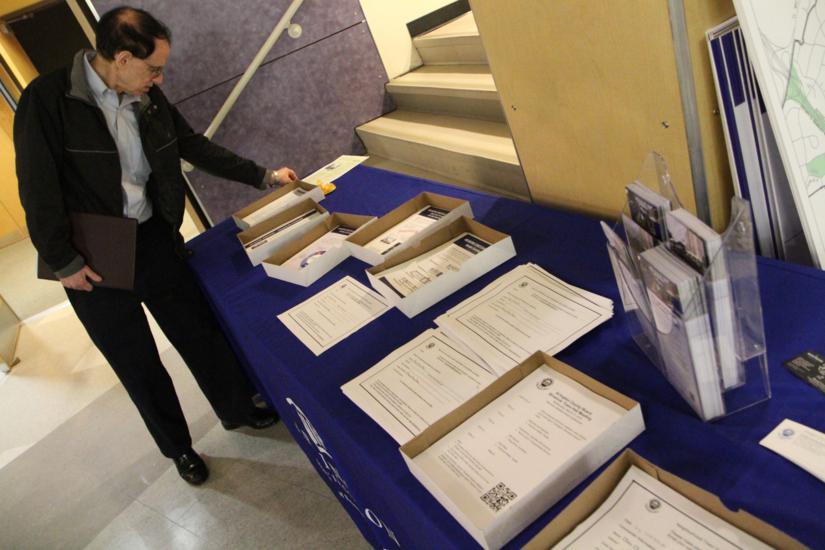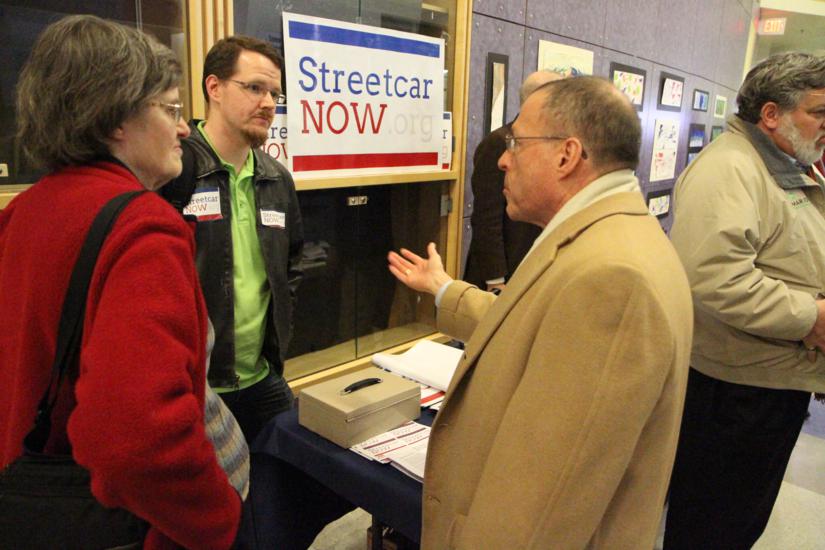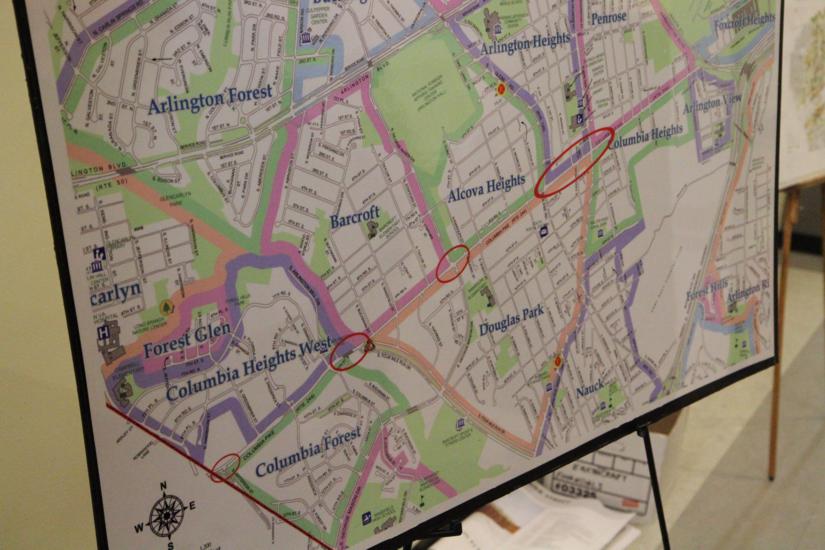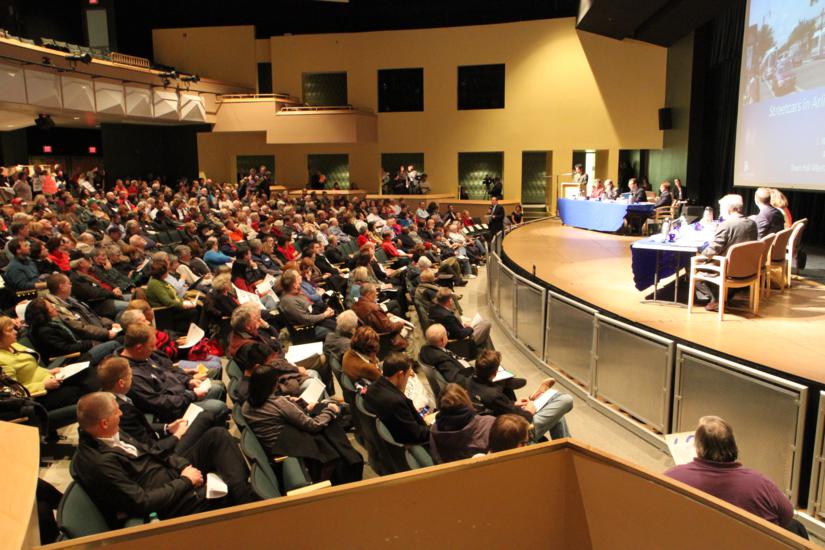A small section of fence is prompting a big stink at the River Place condominium complex (1011 Arlington Blvd) in Rosslyn.
The fence was put in place at some point this spring to block a paved pathway that served as a shortcut for those walking to and from the complex. The pathway leads to a parking lot used by TV station WJLA, which residents use to access a marked crosswalk that leads to the complex.
According to a Facebook page set up by a resident who opposes it, the fence was erected — or, more precisely, an opening in an existing fence was closed — by property owner Monday Properties due to safety concerns.
“An individual listening with headphones was allegedly ‘almost backed over’ by a WJLA news van,” a Facebook post said. “Monday Properties (MP) owns the lot and leases it to WJLA-TV. Obviously with liability in mind, MP closed the opening in the fence and chained the side entrance to the lot.”
Even though residents could just walk five yards out of their way to get around the fence altogether, Omar Baddar, who is helping to organize opposition to the fence, argues that that’s not a viable option.
“It’s not an acceptable alternative because there is no walkway there,” Baddar said in an email. “We’re forced to walk over mulch and then directly in between parked cars, which is an inconvenience, particularly to people with baby strollers or carts of any kind.”
“It is… obviously inconsiderate to block a pedestrian path and tell the hundreds of people who use it ‘why don’t you just walk over the mulch?'” Baddar continued. “Blocking a pedestrian entrance that has existed for decades without consultation with the residents who use it is simply not defensible.”
Baddar says he has collected more than 200 signatures — more than 10 percent of the River Place population — for an anti-fence petition.
Another option for pedestrian access to the apartment complex is walking down the N. Lynn Street sidewalk to the vehicle entrance for River Place. That adds travel time and another resident we talked to said it’s potentially dangerous at night due to poor lighting.
Tim Helmig, Executive Vice President at Monday Properties, says the fence was necessary to keep pedestrians from accessing the parking lot.
“What we have to focus on is keeping pedestrians safe,” he said. “What we noticed is that that parking lot is used by vehicles to pull in and out. It’s just not a safe place for pedestrians to walk.”
Helmig continued: “What we’ve encouraged pedestrians to do is utilize the sidewalk to access River Place. The sidewalk is there to provide a safe passageway, as opposed to cutting through that parking lot, which has a lot of traffic and has the potential to create a dangerous condition.”
No changes to the fence are planned, Helmig said.
Opponents, meanwhile, are not done fighting. Last week, a message on the River Place North building email listserv encouraged residents to call Monday Properties and sign the petition. It also called for those with legal backgrounds to help out with a pending legal challenge to the fence.


